Enhancing brain health and memory is crucial in today's world, where cognitive performance is paramount. Ancient herbal practices offer natural solutions for boosting brain function and memory. Here are five herbs with scientifically proven benefits that can be easily integrated into your daily routine for improved mental sharpness and cognitive well-being.
-
Brahmi
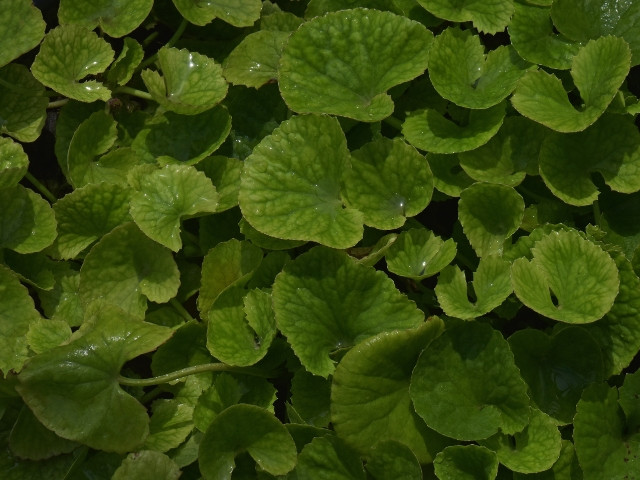
Brahmi, or Bacopa Monnieri, has long been revered in Ayurvedic medicine as a potent brain tonic. Known for its ability to enhance memory, reduce anxiety, and improve overall cognitive function, Brahmi is a powerhouse herb. A study in the Journal of Alternative and Complementary Medicine found significant memory and cognitive improvements in participants who consumed Brahmi. The herb's active compounds, bacosides, are believed to repair damaged neurons and enhance nerve signal transmission.
Usage: Brahmi can be taken as capsules, powders, or tea. Adding Brahmi to smoothies or taking it as a supplement can seamlessly fit into your daily routine, providing cognitive benefits.
-
Ashwagandha
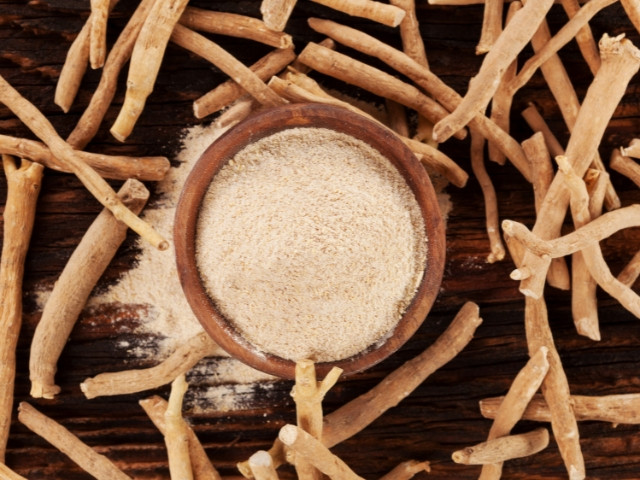
Ashwagandha, another Ayurvedic gem, is celebrated for its adaptogenic properties that help the body manage stress and anxiety, ultimately boosting cognitive function and memory. A study in the Journal of Dietary Supplements showed that Ashwagandha supplementation led to marked improvements in cognitive performance, executive function, attention, and information-processing speed. By lowering cortisol levels, Ashwagandha promotes a calm mind conducive to better memory and cognitive function.
Usage: Ashwagandha is available in powder form, which can be mixed with milk or honey, or as a capsule. Regular intake, especially in the evening, can reduce stress and enhance brain function over time.
-
Turmeric
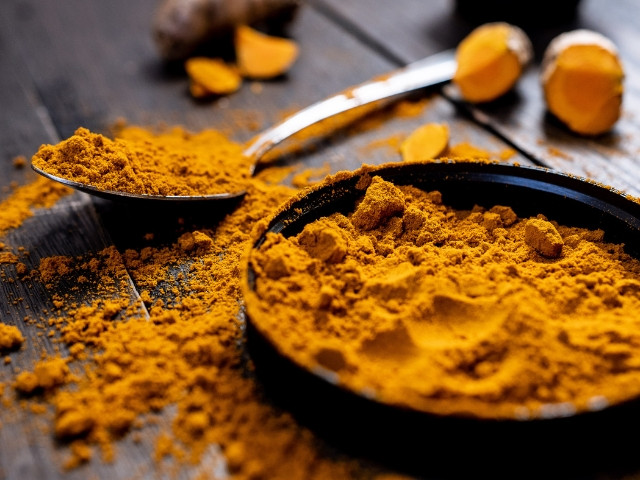
Turmeric, renowned for its anti-inflammatory properties due to curcumin, significantly contributes to brain health. Research published in the American Journal of Geriatric Psychiatry showed that curcumin intake improved memory and attention in non-demented adults. Curcumin helps reduce inflammation and oxidative stress, both linked to cognitive decline.
Usage: Turmeric can be incorporated into your diet through curries, golden milk, or turmeric tea. For better absorption, consume turmeric with black pepper, which contains piperine, enhancing curcumin absorption.
-
Gotu Kola (Centella Asiatica)
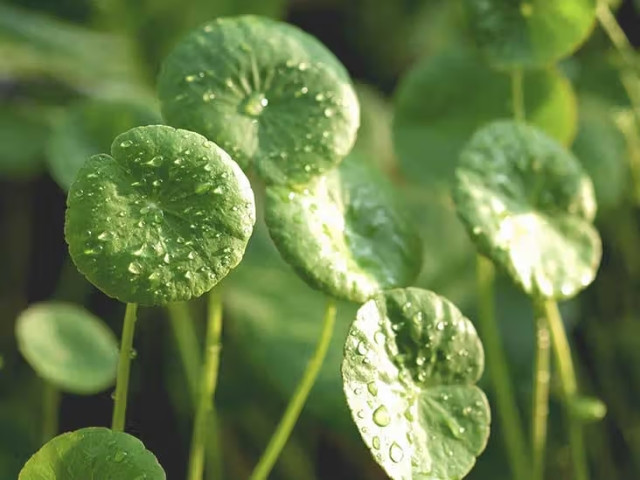
Gotu Kola, or Centella Asiatica, is another herb traditionally used to boost memory and cognitive function. It improves blood circulation and strengthens the nervous system. A study in the Journal of Ethnopharmacology found that Gotu Kola supplementation enhanced cognitive function, particularly in elderly participants. The herb's triterpenoids promote mental clarity and concentration.
Usage: Gotu Kola can be consumed as tea, in capsule form, or as a tincture. Adding Gotu Kola leaves to salads or soups is another way to incorporate this brain-boosting herb into your diet.
-
Ginkgo Biloba
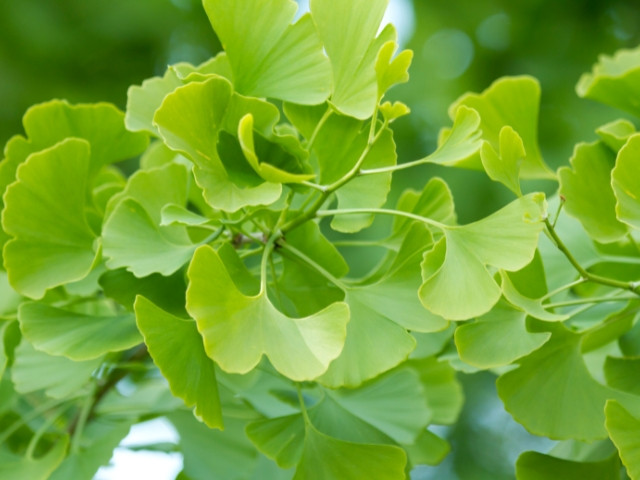
Ginkgo Biloba is famed for its ability to enhance memory and cognitive function by improving blood flow to the brain. Widely used in traditional Chinese medicine, it has gained global popularity. A review in the Cochrane Database of Systematic Reviews highlighted Ginkgo Biloba's potential to enhance cognitive function and protect against cognitive decline in older adults. Its antioxidant properties protect brain cells from damage.
Usage: Ginkgo Biloba is available in capsule or tablet form and can also be consumed as tea. Regular intake supports brain health, especially in the elderly.
Incorporating these herbs into your daily routine can naturally boost brain health and memory. Embrace these ancient remedies to enhance your cognitive performance and overall mental well-being.


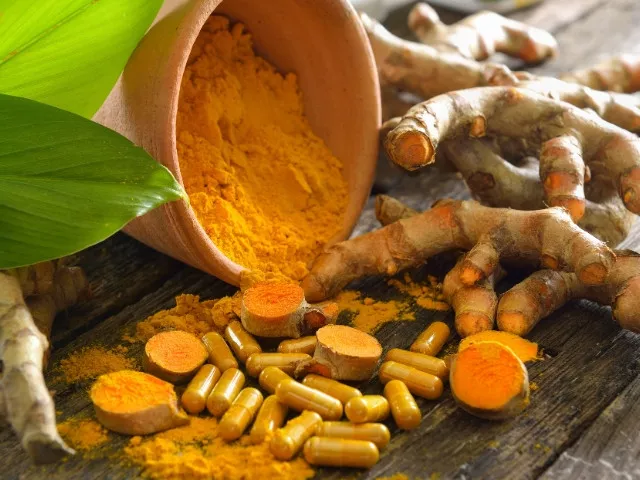






COMMENTS
Comments are moderated and generally will be posted if they are on-topic and not abusive.
For more information, please see our Comments FAQ